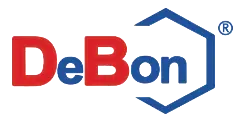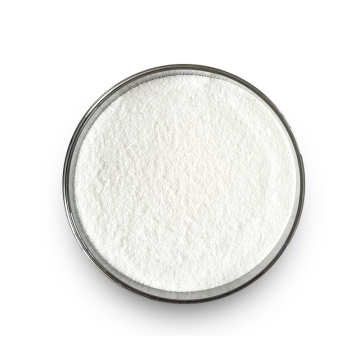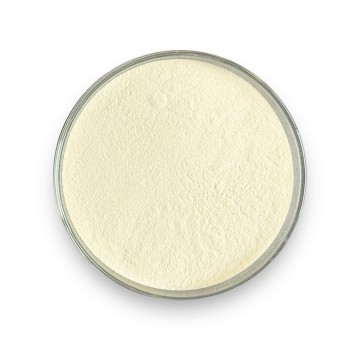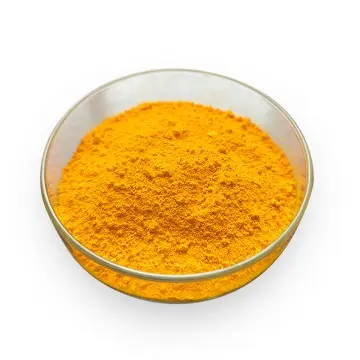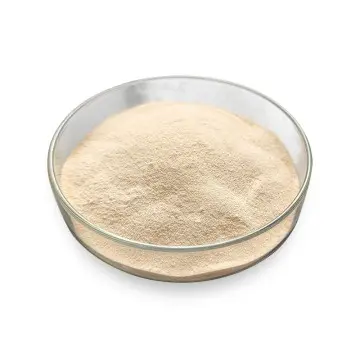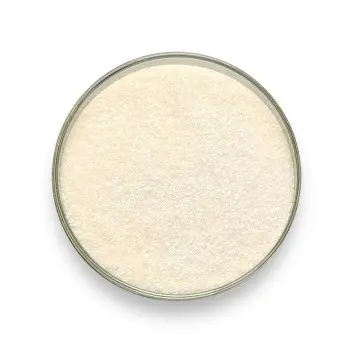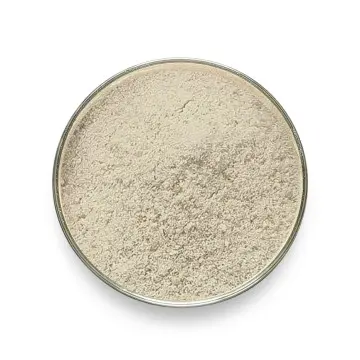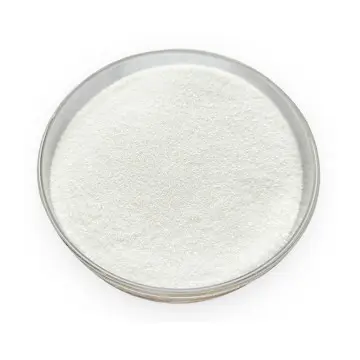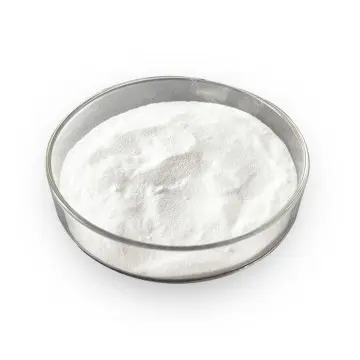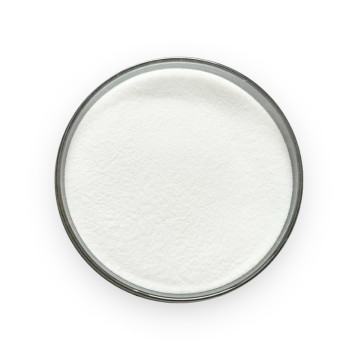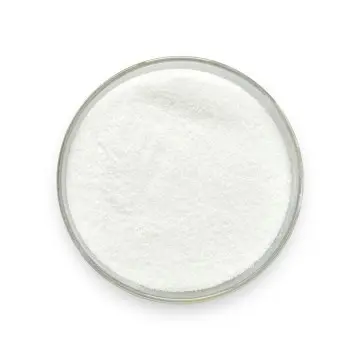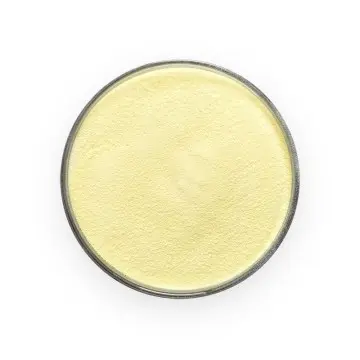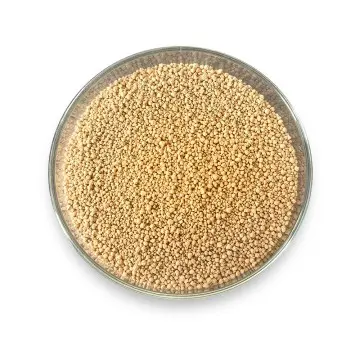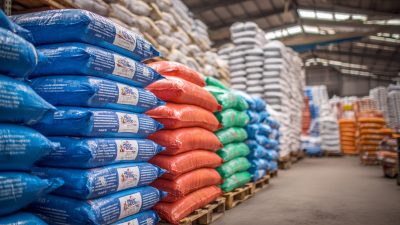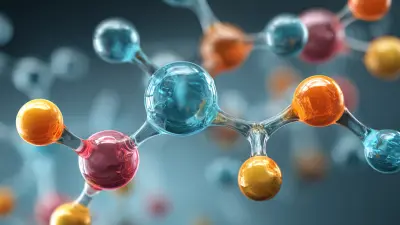Sodium Carbonate: Organic or Inorganic? Insights on Animal Vitamins & Key Quotes
Hunan DeBon Bio-Tech Co., Ltd. is a premier manufacturer and supplier of high-quality Sodium Carbonate in China. With extensive experience in the industry, we prioritize reliable sourcing to meet a wide array of demands. Our Sodium Carbonate products are produced with exceptional purity and effectiveness, suitable for numerous applications, including food processing and chemical manufacturing. Count on us for consistent quality and competitive pricing to support your business needs.
Best Methods To Sodium Carbonate Organic Or Inorganic From Concept to Delivery Dominates
In the realm of chemical procurement, the distinction between organic and inorganic sodium carbonate can significantly impact both product quality and application efficiency. Understanding the best methods for sourcing these compounds is crucial for global buyers seeking reliability and innovation. Organic sodium carbonate is often favored for its eco-friendly properties and versatility in various applications, from agriculture to pharmaceuticals. On the other hand, inorganic sodium carbonate is prized for its stability and cost-effectiveness, making it a vital ingredient in numerous industrial processes. When transitioning from concept to delivery, it’s imperative to prioritize suppliers who not only understand the intricate nutritional needs of plants and animals but also emphasize research and development in low-addition solutions. This approach not only ensures compliance with environmental and safety standards but also enhances product performance. Utilizing advanced manufacturing techniques allows for the optimization of sodium carbonate applications, aligning with the evolving demands of the global marketplace. To ensure a seamless procurement process, buyers should engage with innovative manufacturing partners capable of providing tailored solutions. These partnerships foster a deeper understanding of both the chemical properties and the specific requirements of end applications, driving efficiency from production to delivery. In a rapidly changing industrial landscape, focusing on quality, sustainability, and compatibility will position procurement strategies for success.
Best Methods To Sodium Carbonate Organic Or Inorganic From Concept to Delivery Dominates
| Method Type | Process Description | Advantages | Disadvantages | Typical Applications |
|---|---|---|---|---|
| Organic Synthesis | Using organic precursors to synthesize sodium carbonate. | High purity, flexibility in product design. | Complex process, may require specialized equipment. | Laboratory research, custom applications. |
| Inorganic Synthesis | Direct reaction of sodium salts with carbonate sources. | Cost-effective, large-scale production possible. | Potential impurities in final product. | Industrial applications, bulk production. |
| Biological Methods | Utilizing microorganisms to generate sodium carbonate. | Environmentally friendly, sustainable method. | Low yield, slower processing time. | Applications in green chemistry and biosynthesis. |
| Thermal Decomposition | Heating sodium bicarbonate to produce sodium carbonate. | Simple procedure, well-established technology. | Energy-intensive, requires precise temperature control. | Sodium carbonate production, baking soda applications. |
How To Decide Between Sodium Carbonate Organic Or Inorganic From Concept to Delivery Factory
L
Luna Cook
Outstanding product! The after-sales service was prompt and addressed all my needs.
15 June 2025
M
Mason Morgan
Remarkable product quality! The service staff provided outstanding support throughout the process.
09 June 2025
J
Julian Hughes
High-quality item and the after-sales service was top-tier. Highly recommend this purchase!
07 July 2025
S
Stella Collins
This has been a wonderful experience! The product quality is remarkable, and support was excellent.
18 June 2025
S
Savannah Rogers
This purchase has been flawless! The quality is superb and the support was quick and knowledgeable.
20 May 2025
N
Nora Evans
High-quality item! The professionalism of the service team made a significant impression.
18 June 2025
